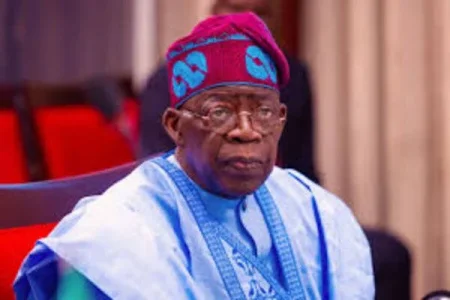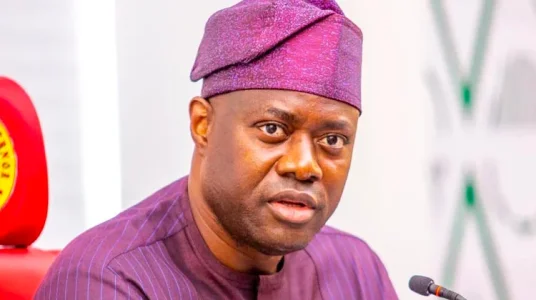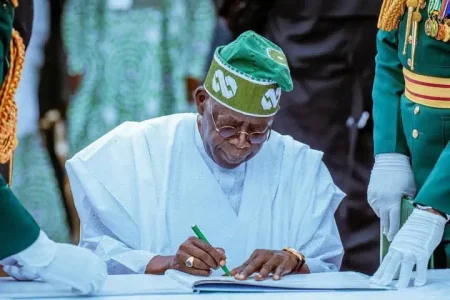
President Bola Tinubu has empowered ministers of state with full oversight of their respective agencies, ending a system where they reported through senior ministers. This reform aims to streamline governance and fully utilize the expertise of ministers of state, enhancing their authority to drive independent decision-making and reforms.
According to The Cable, President Bola Tinubu has approved full supervisory powers for ministers of state, allowing them to directly oversee the agencies under their purview. Previously, decisions and files from these agencies required approval from senior ministers through permanent secretaries. This change means ministers of state can now make key administrative decisions independently, aiming to streamline governance.
A source within the office of the head of the service revealed that the president was dissatisfied with the existing framework, where ministers of state held titles without substantial authority. Tinubu reportedly felt that this setup led to “underutilization of the expertise and capabilities” of these ministers. “The president believes ministers of state should have the right to make decisions and direct action within their areas of responsibility,” the source added.
This directive was initially proposed by Hadiza Bala Usman, special adviser on policy coordination, who heads the Central Delivery Coordination Unit. Her idea quickly garnered Tinubu's support, as he saw it as a means to fully harness his cabinet's potential. The administration’s objective is to "unleash" the capabilities of all ministers to enhance the efficiency and effectiveness of the government.
Currently, Tinubu's cabinet includes 48 ministers, of whom 16 serve as ministers of state. They hold critical roles across various ministries such as agriculture, defense, health, and foreign affairs. With the newly granted autonomy, these ministers can now drive reforms and implement policies without requiring approval from their senior counterparts.




